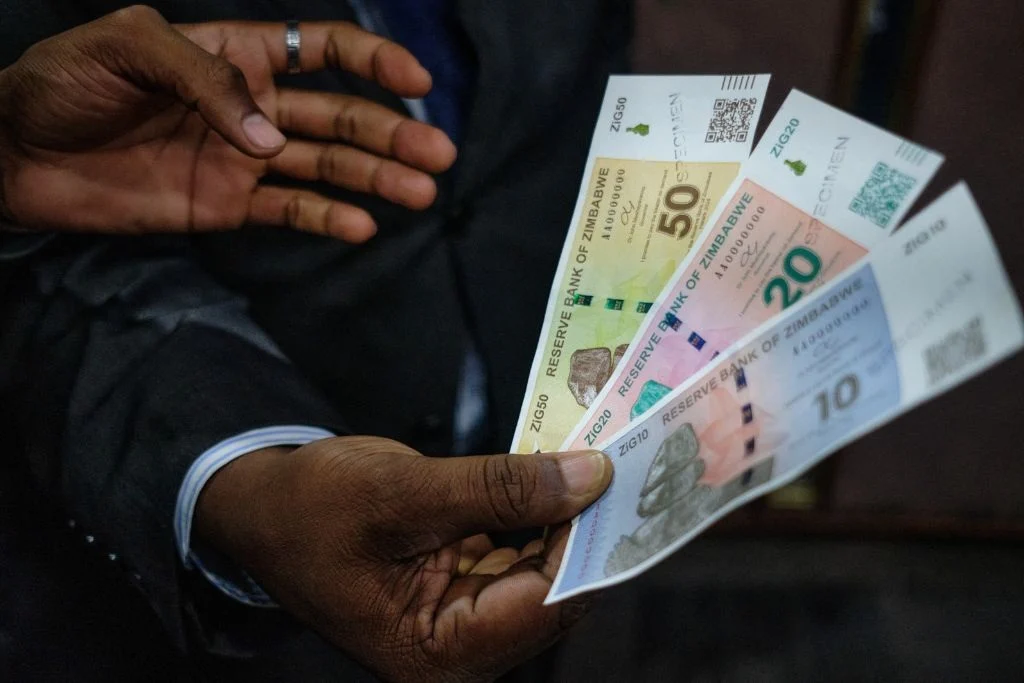HARARE – A pay strike by teachers disrupted learning on Monday as schools opened for the first term following Covid-19 delays.
All the teachers’ unions declared “incapacitation” in anger over salaries that have been shrivelled by inflation and a weak currency.
Thousands of leaners at day schools across the country were turned away in a rare show of unity by teachers who have been backed by a union of headmasters. Boarders were travelling to their schools on Monday but they could be restricted to their dormitories as the impasse continues.
“Yes, learners open today. And no, teachers are not opening today. They open on US$540,” tweeted the Progressive Teachers’ Union of Zimbabwe, repeating a common demand by civil servants to have their monthly salaries restored to 2018 levels.
Unions say teachers earn an average Z$21,000, about US$180 at the government’s controlled official exchange rate, or US$90 on the widely-used parallel market.
Talks between unions and the government collapsed without a decision last month.
The country’s biggest union for teachers, the Zimbabwe Teachers’ Union (ZIMTA), said in a February 4 notice to strike that “the salaries earned in January are inadequate to support transport needs for commuting to various stations in the rural areas and to support daily commuting by teachers in urban areas.”
ZIMTA said teachers’ patience had been “overstretched and now we feel provoked… and abused.”
Headmasters rarely join strikes by teachers and typically remain on duty to keep an eye on the learners. This time, even they say they are incapacitated.
“Our members are not on strike, but we are simply saying we have no capacity to report to work and are not capacitated to work. It’s unfortunate that after declaring incapacitation we have received threats,” Zimbabwe National Union of School Heads (Zinush) secretary general Munyaradzi Majoni said.
Teachers accuse the government of “squandering all goodwill” at the abortive talks for salary increases.
Last year, the government invoked the no-work no-pay policy for striking teachers and tasked school heads to give names of teachers that were not attending classes.
The Teachers Union of Zimbabwe (TUZ), meanwhile, said its members would work a two-day week, on whichever day they choose.
Reacting to what appeared to have been a successful first day of industrial action, the Amalgamated Rural Teachers’ Union (ARTUZ) said: “Teachers have defeated the mental manipulation they have suffered for too long at the hands of current government. For long, teachers were forced to believe that they were hopeless victims at the hands of a mighty system. The tide has turned.”















